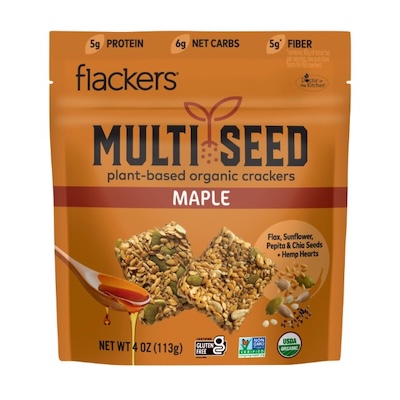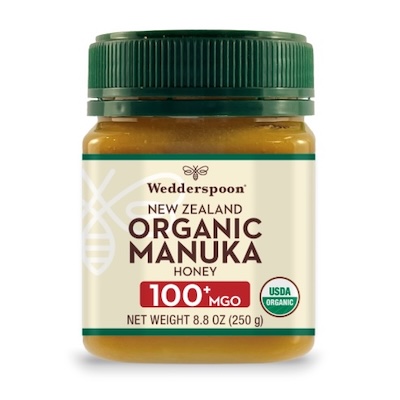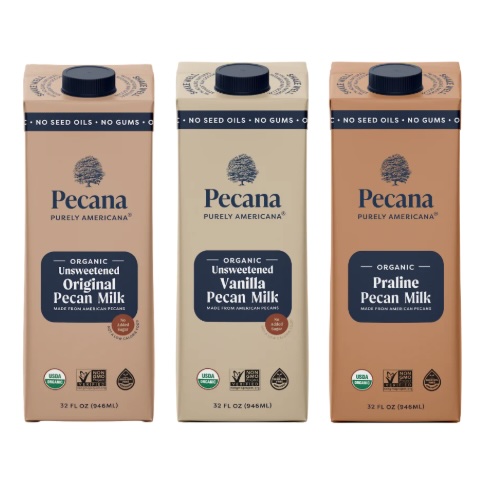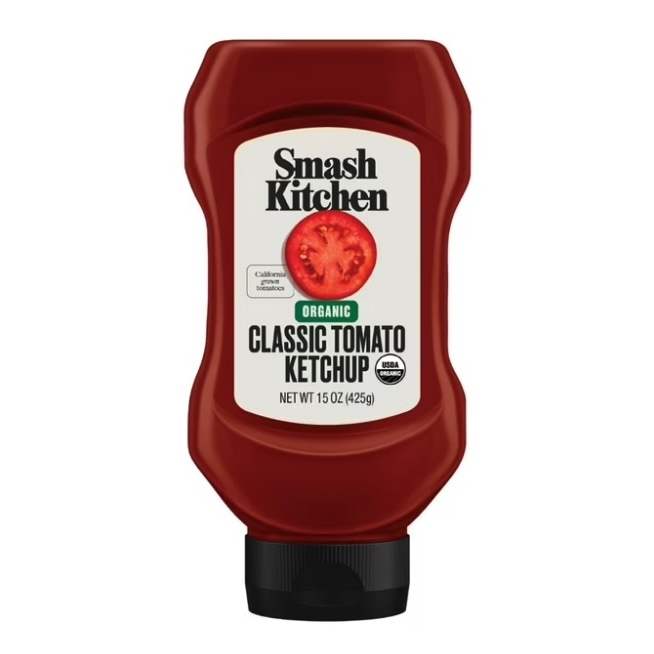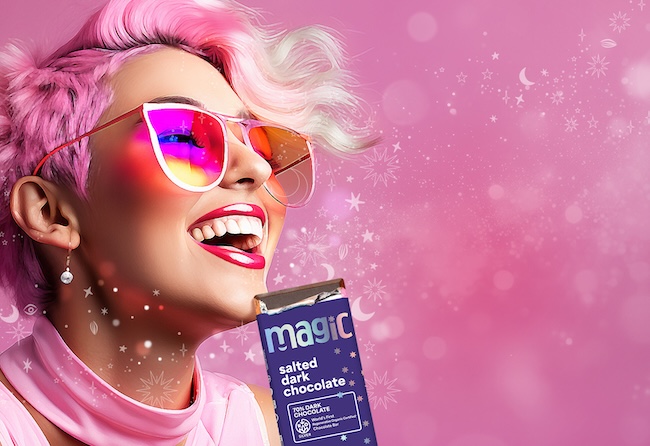
Dr. Bronner's Transitions Out of the Chocolate Business, New Owner is Committed to Drive Impact Even Further
How Organic Insider operates: We accept no advertising, we have no paywalls and we make our newsletters free to everyone because vital information about our industry needs to get out to as many people as possible. Please consider supporting our work and becoming an Organic Insider+ subscriber, whether you are an individual or a company. Thank you so much.
Making a positive social and environmental impact is embedded into every DNA strand of Dr. Bronner’s, and its just-announced decision to exit the chocolate business was also mission-driven.
Ownership of the organic chocolate bar line has been transferred to Magic Chocolate, Inc., a partnership between Maestrani Schokoladen, the Swiss chocolatier, and Joe Whinney, the former CEO and co-founder of Theo Chocolate, the first 100% organic and fair trade chocolate company in the U.S.
“We realized to truly scale demand for our regenerative organic cocoa and showcase the benefits of regenerative organic agriculture, our chocolate line needed someone at the helm that is fully dedicated to the chocolate business,” said David Bronner, cosmic engagement officer (CEO) of Dr. Bronner’s, the family-owned company and top-selling natural brand of soap in North America. “While we didn’t originally imagine ourselves as incubators versus long-term stewards, we are immensely proud of our success to-date.”
“This was an activist project to clean up the chocolate supply chain, which has a history of exploiting farmers and causing significant damage to our planet,” added Christina Volgyesi, chief marketing officer at Dr. Bronner’s. “In the beginning, people had a lot of questions about us going into the chocolate business, but we achieved what we set out to do and are celebrating the real change we created with our partners.”
Despite the Magic Chocolate line only having been launched in 2021, the impact Dr. Bronner’s generated in such a short time is truly astounding.
The company converted approximately 5,500 acres of conventional cocoa fields in Ghana and Ivory Coast to Regenerative Organic Certified®, supporting an estimated 954 farmers who improved soil fertility and increased crop yields within their operations. All Magic Chocolate products are made with Regenerative Organic Certified® cocoa, coconut butter and coconut sugar, in addition to being fair trade.
Even though financial terms of this transaction were not disclosed, what is very clear are the shared values between the old and new ownership groups.
Operating in a carbon neutral factory and with a deep commitment to social justice, Maestrani Schokoladen is a 173-year-old, family-owned and independent Swiss company that launched the first organic chocolate bar in Europe in 1987. Furthermore, Magic Chocolate, Inc. is completely self-funded and has no outside investors, which means it will not face the typical pressure to eventually sell.
What is also notable is that since inception, Joe Whinney had been advising Dr. Bronner’s on its chocolate venture and Maestrani Schokoladen had been the producer of the chocolate bars.
The success that the chocolate has had with existing consumers — as well as the goal of reaching new ones — is not lost on Magic Chocolate, Inc.’s CEO Joe Whinney, who helped create the market for organic chocolate in North America in the 1990s.
“We have built an extremely experienced sales team, and the chocolate bars are just the start, with a whole new product line expected to hit store shelves in 2026.”
Growing the brand will be critical to driving further positive change, yet the commitment to Regenerative Organic Certified® and its core social values — all set in place by Dr. Bronner’s — will remain unchanged by the new ownership group.
“The world does not need any more chocolate. It needs the right chocolate,” said Joe Whinney. “We are not compromising on quality, pleasure of experience or the supply chain, and the only reason I committed to doing this was to radically improve the benefit of everyone who touches our product.”
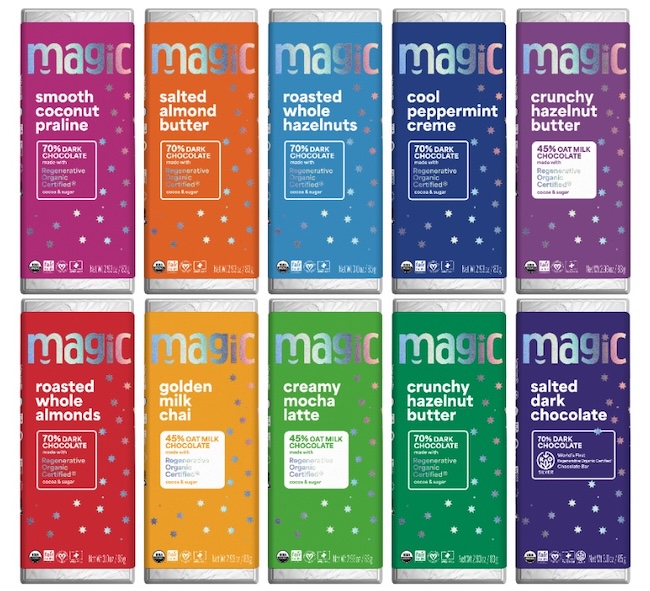
 |
With gratitude, 
Max Goldberg, Founder |
Quick Hits
* Rodale Institute is hosting a series of seasonal organic dinners this summer. I will be attending the one on June 26th.
* Suja Life’s evolution from cold-pressed juice to functional wellness.
* Mad Agriculture’s Prairie Strips project with Whole Foods Market — which helped to reintroduce over 100 acres of native habitat — was recently featured on Amazon’s blog.
* Impakt IQ has launched a pioneering business intelligence tool to quantify sustainability and intangible assets with the same rigor as financial reporting.
* A ‘wearable for the soil’ sensor.
* Paul Coletta, former CEO of Urban Remedy, has co-founded and is now leading Vero Bioscience, a company that measures and optimizes biological aging at the organ level.
* Grown, the organic certified fast-food restaurant founded by Shannon Allen and NBA Hall of Famer Ray Allen, has announced its nationwide franchising program.
* Designer Rebecca Minkoff and Female Founder Collective have launched a food accelerator.
* Can organic wines thrive in Texas? Halter Ranch thinks so.
* She built a cult organic baby formula business. Then came the backlash from working with RFK, Jr.
New Organic Products
Maple Multi Seed Crackers from Flackers
Flackers has expanded its product line with the introduction of Maple Multi Seed Crackers. They are made with flax, chia and sunflower seeds, in addition to pepitas, hemp hearts, lucuma and a dash of maple syrup. USDA certified organic, Non-GMO Project verified and certified gluten free.50+ and 100+ MGO Raw Manuka Honey from Wedderspoon
Pecan Milk from Pecana
Pecana, the Texas-born pecan milk brand founded by a third-generation farmer, has unveiled its new USDA certified organic variety -- becoming the first and only pecan milk on the market to earn that distinction. Available in three flavors – unsweetened, unsweetened vanilla and praline -- it can be found online and at retailers across Texas, California, Oregon and New Mexico. Dairy-free, gluten-free and seed-oil free.Condiments from Smash Kitchen
From Hollywood actor Glen Powell is a new organic brand called Smash Kitchen, which reimagines classic condiments and offers eight different products, including Hot Honey Ketchup, Spicy Mayonnaise, American Style BBQ Sauce and Dijon Mustard. Available online and at Walmart.
Weekly News Summaries

MAHA Assessment Report Targets Pesticides
In an unprecedented move, this government document specifically calls out two widely used chemicals -- glyphosate and atrazine -- and their possible side effects, including cancer, endocrine disruption and birth defects. Overall, the report painted a very bleak picture of America's health, and as someone who was on antidepressants for nearly eleven years, I was extremely pained by the state of mental health of our young people. Here are my 5 takeaways from the White House press event for the report and the one thing that I believe was missing from many analyses of the report. The strategic recommendations about how to address these findings are due in August.
Bayer could File for Bankruptcy for its Monsanto Unit
By Gnaneshwar Rajan
Bayer is preparing a plan to settle some of its mass lawsuits over Roundup weedkiller in Missouri, and it may also seek bankruptcy for its Monsanto unit if the effort fails.
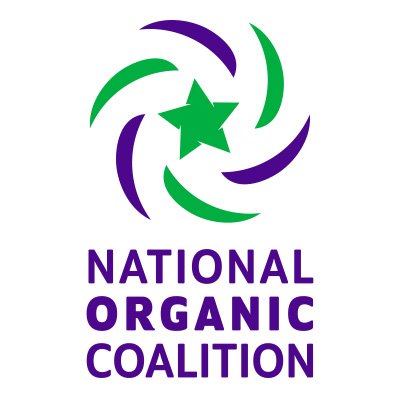
USDA Proposal To Rescind Rule on Organic Mushrooms and Pet Food
This move -- made without industry input and without consultation of the National Organic Standards Board -- undermines the transparency and collaborative process that the organic community relies on to develop clear, consistent standards.

In the EU, Researchers Want Gene Editing to be Allowed in Organic
A very dangerous development and one that must be blocked.

OrganicEye has Published a Shopping Guide, Enabling Consumers to Identify the Best Organic Food
By Mark Kastel
The watchdog group lists the 10 top USDA-accredited certifiers that enforce both the spirit and the letter of federal law governing organics.

Misfits Market acquires The Rounds
By Peyton Bigora
Misfits Market has acquired The Rounds, a regional, member-based business that restocks essentials for shoppers using reusable packaging.

Pesticide Use on Golf Courses is Linked to Parkinson’s Disease
A medical study published in the Journal of the American Medical Association found that living within 1 mile of a golf course was associated with 126% increased odds of developing Parkinson’s disease, compared with individuals living more than 6 miles away from a golf course.

In Vermont, a $1.75M Grant for Organic Dairy in Schools and Youth Programs
Made possible through the USDA’s Commodity Credit Corporation, the funding will support small and mid-sized organic dairy producers.
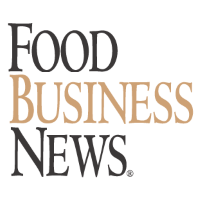
Organic Chocolate Producer Macalat is Acquired
By Brooke Just
Michigan-based Birmingham Chocolate has acquired Macalat, a manufacturer of organic, sugar-free and plant-based chocolate.
Want to share this newsletter on social media? You can use this link: Newsletter Link
The material in this newsletter is copyrighted and may be reprinted by permission only. All requests must be in writing. Please use our contact form to request republication rights.
Newsletter Archive
Quick Hits
* Rodale Institute is hosting a series of seasonal organic dinners this summer. I will be attending the one on June 26th.
* Suja Life’s evolution from cold-pressed juice to functional wellness.
* Mad Agriculture’s Prairie Strips project with Whole Foods Market — which helped to reintroduce over 100 acres of native habitat — was recently featured on Amazon’s blog.
* Impakt IQ has launched a pioneering business intelligence tool to quantify sustainability and intangible assets with the same rigor as financial reporting.
* A ‘wearable for the soil’ sensor.
* Paul Coletta, former CEO of Urban Remedy, has co-founded and is now leading Vero Bioscience, a company that measures and optimizes biological aging at the organ level.
* Grown, the organic certified fast-food restaurant founded by Shannon Allen and NBA Hall of Famer Ray Allen, has announced its nationwide franchising program.
* Designer Rebecca Minkoff and Female Founder Collective have launched a food accelerator.
* Can organic wines thrive in Texas? Halter Ranch thinks so.
* She built a cult organic baby formula business. Then came the backlash from working with RFK, Jr.
